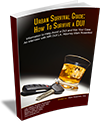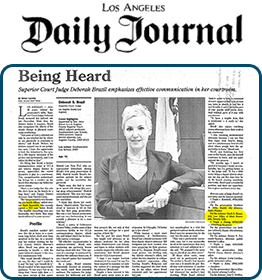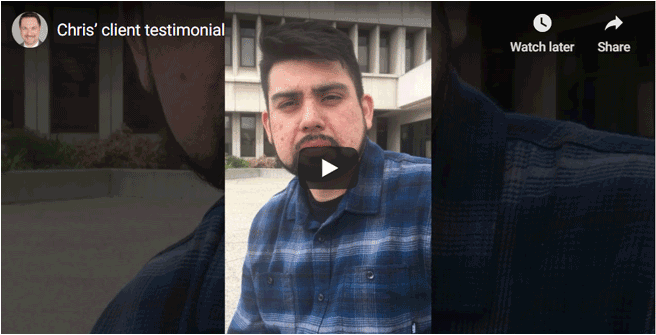What Happens When Someone’s Been Pulled Over and a Police Officer Suspects the Driver Is Under the Influence of a Substance Other Than Alcohol? What Protocol Do They Follow?
If somebody has been stopped and an officer suspects they may be under the influence of prescription medication, the officer will conduct a DUI investigation. The type of investigation that’s done is going to depend on what training the officer has had.
If the officer knows what’s going on and knows that it’s going to be a drug DUI investigation, many times they will contact another officer who has been trained in the drug recognition evaluation protocol. DRE is a very intensive training program that officers are supposed to go through if they are going to be doing drug investigations.
Sometimes, the DRE officer is not available and a regular officer will do an investigation, but they don’t really have the qualifications or the resources. Many officers who don’t know any better will just do a DUI investigation like it’s alcohol related. They’ll do field sobriety tests and try to make some determination based on a standard alcohol impairment investigation.
That’s really not sufficient for prescription medication or any type of medication or drugs. If an officer is trained in the drug recognition evaluation protocol, the DRE protocol, they’ll have extensive classroom and field training to be qualified to do it. They may stand a better chance to do a more thorough investigation, which involves a 12-step process, including some field sobriety tests but they are administered differently or than in an alcohol DUI.
The DRE protocol will involve breath testing to rule out any alcohol and will conclude in either a urine or a blood test for a chemical analysis. The drug recognition evaluation protocol takes time for an officer to go step by step through the process. They have to check the eyes, do a darkroom evaluation and check someone’s pulse multiple times. This process takes time and will elicit a lot of medical information about the person who allegedly took the prescription medication.
Most of the time, an officer’s conclusion is based more upon the conversation he has with someone suspected of driving under the influence than the actual physical evaluation and observations that are done. In this case, the cop asks a person, “Hey, what’s in your purse? What medication have you taken?” He does an investigation and at the end, just writes down the drug that the person told them in the beginning.
It’s important if you are being investigated for driving under the influence that you do not participate in the dog & pony show of doing field sobriety tests and you don’t talk to the officer, giving them additional information to help their investigation.
If you have been Pulled Over and Charged for Driving under the Influence of a Drug or Prescription Medication in California, call the law office of Attorney Mark Rosenfeld for a free initial consultation at (310) 424-3145 and get the information and legal answers you’re seeking.






 Personal Attention
Personal Attention Every criminal case is unique and no attorney can guarantee the outcome of a case. The information on this site is legal advertising and for general information only. Using this site, requesting books, information, consultations or communicating with Attorney Rosenfeld through its site does not form an attorney/client relationship.
Every criminal case is unique and no attorney can guarantee the outcome of a case. The information on this site is legal advertising and for general information only. Using this site, requesting books, information, consultations or communicating with Attorney Rosenfeld through its site does not form an attorney/client relationship.








